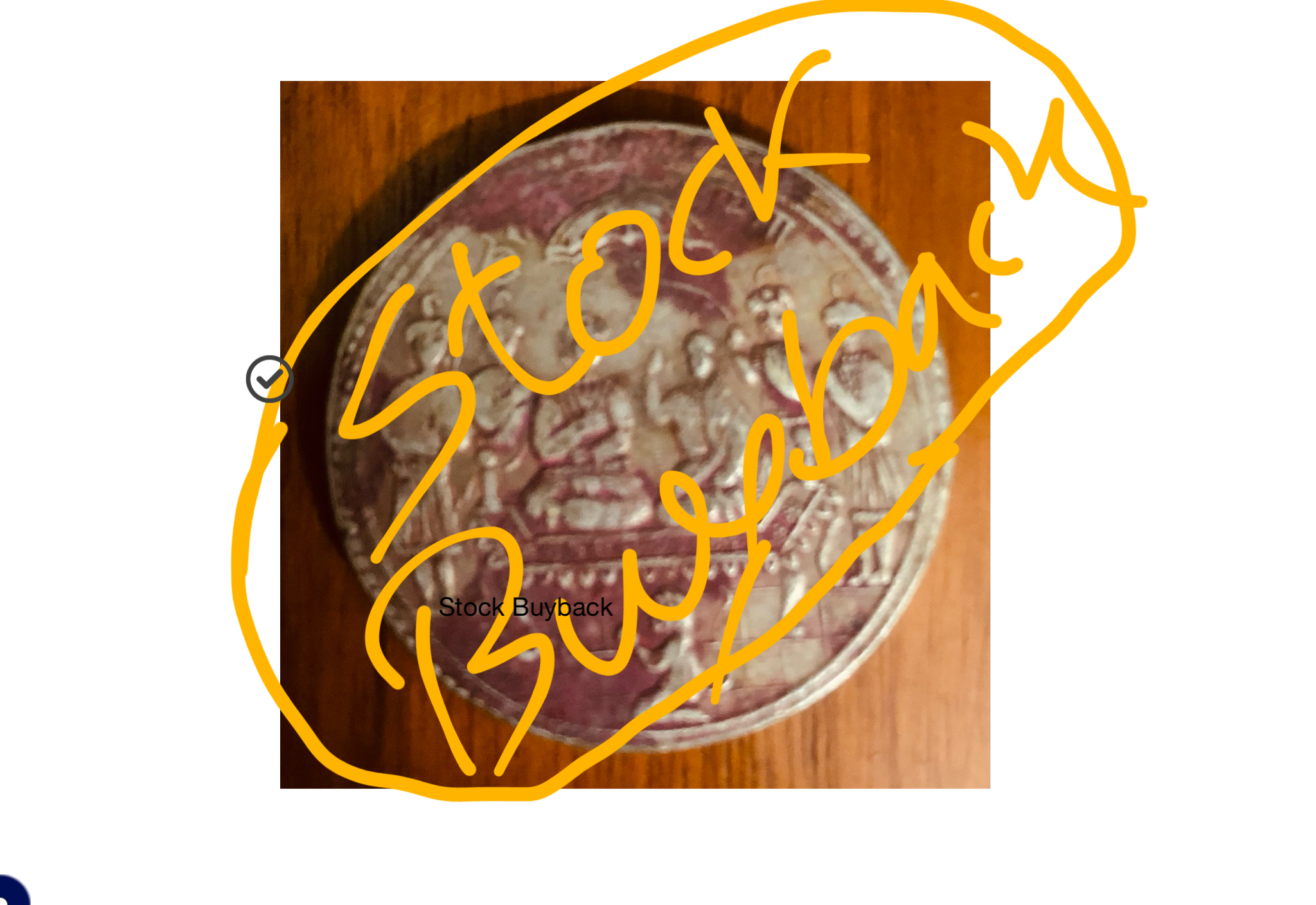Recently, Rites brought buyback offer, and I sold some of my shares in buyback. But Rites stocks did not actually drop after buyback, the price increased, which was expected, due to anticipated increase in EPS and liquidity flow. But at time stock price drops right after buyback, especially when the buyback price offered is more than current market price. After the announcement lot of people buy the stock so they can offer their shares for buyback and make some quick buck. As buyback gets over, they sell out their stake, and the price drops and that is Why Share Price Drops.
Pros and Cons of Buybacks
For last few days we have been hearing that Indian government has asked the Public sector companies which are sitting on loads of cash, to buyback their own stocks. Now you will hear lot of speculations if it will help shareholders in anyway.
Let me tell you one thing- the street has given up on the Public sector companies. Mainly because government has failed to privatize the companies so far. Secondly, the public sector companies are not growth companies. And Indian analysts and investors love growth companies. So, buyback might spur up some temporary speculation but that will not be
sustained in medium term.
Few years back SJVN bought back their stocks at 38rs a share, today the stock price is around 22.5rs, and I believe ONGC stock was bought back at 159rs a share, currently the ONGC share price is around 70rs a share. Now you cannot blame the fall of stock price on government, Buyback is not the reason why share price drops. It is simple demand and supply.
most PSUs are dealings with basic materials, they are not innovative or expansive. And as in the international market the price of crude or any other metal price falls, so goes the share price of NALCO or ONGC downward.
In simple terms, companies buys back their existing common shares and retires them. Government pushes companies to do it, because government can sell their holding and raise some cash. As the tax revenue is down, this will be a nifty way to raise cash.
I will try to give another example. Say you and your friend open a juice shop and you issue common shares. Between your friend and you, both of you own 50 shares each. Now, after few years the shop starts generating a ton of cash, so you guys decide that the business will buyback shares. It is essentially, selling stake back to the business. So, say your friend decides
to sell all his stocks. Now you have 50 shares, your friend has none. so, you become the sole owner, because whatever existing shares the business has, are owned by you. You friend has sold his shares, retired those common stocks, in return he got cash. Your ownership in the business has gone up because you did not sell your shares.
Some people buy into the stock to be eligible for buyback purchase, usually buyback price is higher than market price, and right after the event is over, they want to offload their position and that is Why Share Price Drops.
Pros of buyback –
Equity is usually more expensive than debt. Any MBA student know that. So any business is better off with lower number of existing shares. The existing shareholders gain after a buy back, because their ownership goes up in percentage terms. Refer to the example I gave you above. Think as these common stocks as slices of pizza. And as number of slices go down,
each slice gains in size. That means, more owners earning, more dividend etc.
Cons of buyback –
Basically 2 cons – one is once someone sells his or her shares, they can possibly miss out on the future earning of the company. and the second con is that when a company buyback stocks, it shows it has nothing better to do with the cash. Say, the business generates 30% ROE or ROC, but it buys back stocks and you sell your shares and take cash and put it in bank. In bank on your capital you will probably earn 5% post tax, which is way low than the
ROC the company generates. Usually buyback is a sign for a maturing company.
Now, am I happy about these PSUs buying back their stocks? I did not sell my SJVN or ONGC before and trust me, I am not happy with my decision now, although they pay good dividends, but I have lost on my capital. But, I think these businesses will do a good thing by retiring stocks.
Eventually these companies will be privatized or number of outstanding will have to go down significantly. Because some businesses generate a lot of cash, as they are virtual monopolies. But it is going to a long game. I cannot let go those mouth watering dividends especially knowing in future those will only go up considering number of outstanding shares
are going down, and there is no risk of earning downgrade.
But how the businesses do the buyback is really crazy. Here in US the companies buys back stocks from open market and they try not to overpay. But like I told you how SJVN and ONGC did buybacks, they just gave away cash when the price was high. It is just wasteful capex.
Indian government PSUs usually buyback their stocks when Government need cash. The cash rich companies buys back stocks, government sells stocks to get some cash. Otherwise management should buyback share when share price is undervalued and company do not have a better place to invest or in other words, there is no other option to invest and generate a
better return.
Generally speaking, when market is touching all time high that is not a good time to buyback stocks, unless it is really undervalued. In fact, when market goes down and stock becomes undervalued, it is a good time to buyback

